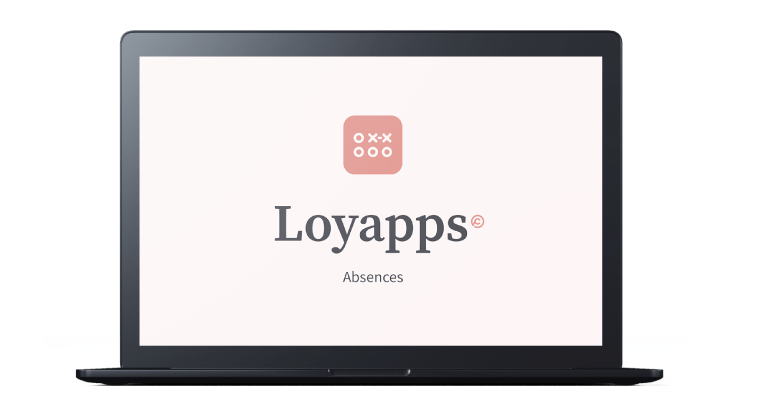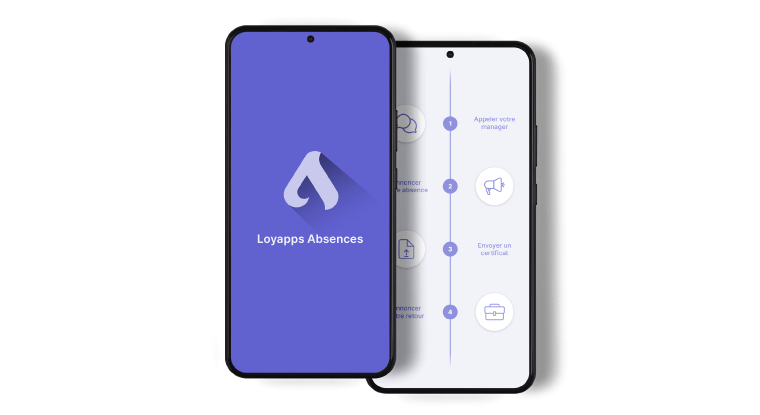
Vacation entitlement in Switzerland: what do you need to know?
Between minimum duration, setting dates, advance notice, balance at the end of the contract or entitlement to salary during vacation: annual leave raises many questions. Our partner CJE, Avocats, Conseillers d’Entreprises, takes a look at the main principles you need to know in order to have a clearer picture, whether you’re an employee or an employer.
Vacation entitlement – what you need to know
In accordance with Article 329a of the Swiss Code of Obligations, the employer must grant a minimum of four weeks’ vacation per year of service, and a minimum of five weeks’ vacation for employees up to the age of 20.
Vacation entitlement is proportional to the length of the employment relationship when the length of service is less than a full year.
By law, the reference period is the year of service.
To simplify administration, many employers opt for the calendar-year reference. However, it is also possible to agree on a hybrid system, e.g. a vacation entitlement year running from July to June of the following year, and a vacation year coinciding with the calendar year.
Date
- The employer sets the vacation date, taking into account the employee’s wishes insofar as this is compatible with the interests of the company.
- In principle, vacation must be taken during the current year of Services. They may be split up, but must include a period of at least two consecutive weeks.
- The employer can decide on a period during which the company is closed, during which vacation time is compulsory.
Advance notice
In order to ensure that employees can fully enjoy their vacations, they must be given sufficient notice of vacation dates to enable them to make the necessary arrangements (travel, reservations, etc.). The Swiss Federal Court has ruled that three months’ notice is sufficient. If the employer imposes vacation without allowing sufficient time to organize it, the employee may refuse to take it. Faced with such a situation, he or she must immediately exercise his or her right to refuse to take them, and offer his or her Services during the vacation period set by the employer.
Taking a vacation
As long as the employment relationship lasts, vacation cannot be replaced by cash benefits or other advantages.
Different situations need to be taken into account, depending on who terminates the Contrat and whether or not the employee is released from the obligation to work during the notice period. These situations are described below.
In all cases, you need to consider the length of the leave period, the balance of vacation time to be taken and the possibility of finding another job.
Termination by the employer with release from the obligation to work
The employer may impose, at least to a certain extent, that the balance of vacation time be taken during the leave period when the employee is released from the obligation to work. According to case law, the employer may require the employee to take a quarter or a third of the vacation time during which he or she is released from the obligation to work; thus, if the leave period is three months and the employee has a vacation balance of six weeks, one month will be considered as vacation taken (e.g.: 4 weeks, 20 days) and the employer will pay the balance of vacation not taken.
Termination by the employer without release from the obligation to work
In principle, it is possible to consider taking a vacation during the vacation period in the following cases:
- if the employee is not looking for a new job;
- if he or she has already found a new job or;
- if the notice period is longer than the three months’ notice required to impose vacation.
Termination of the Contrat by the Employee
In most cases, the employee terminates the Contrat once he or she has found a new job. As vacations are normally taken during the employment relationship, the employer may, subject to special circumstances, impose the taking of vacations. As a precaution, the employer will ask the employee if he or she has another job.
Public holidays
Public holidays do not count as vacation. This means that the holiday must be deducted from the number of vacation days taken.
Inability to work
An inability to work does not necessarily mean an inability to enjoy a vacation. There are situations in which what may constitute an incapacity to work, depending on the activity performed, does not prevent the employee from enjoying the benefits that vacations should bring. Examples include a minor injury, a temporary toothache or sunstroke.
According to the doctrine, the following two cumulative criteria must be taken into consideration to determine whether or not the purpose of the vacation is prevented:
- Duration: the incapacity must exceed two or three days.
- Intensity: the incapacity must be such as to prevent the psychological and physical recovery that the vacation should provide.
Vacation pay will be returned to the employee in the event of incapacity to work which prevents him or her from enjoying the benefits that vacation should bring.
According to jurisprudence, workers should not be treated differently from a salary point of view depending on whether they are working or on vacation, because in the event of a drop in or withdrawal of income, there would be a risk that they would not take their vacations.
Vacation pay includes:
- base salary
- wages in kind
- family allowances
- 13th salary
- provisions
- commissions
- sales participation
- etc.
Vacation pay, on the other hand, does not include gratuities or work-related compensation (meal allowances, travel expenses, cleaning of work clothes, etc.).
To calculate the salary entitlement of a monthly employee, the value of a working day corresponds to 1/21.725th of the monthly salary.
Vacation payment date
Vacation pay must be paid at the time it is taken. The Swiss Federal Supreme Court has ruled that vacation pay may be paid at the same time as the current month’s salary if the following cumulative conditions are met:
- irregular activity;
- a limited contractual term;
- this is expressly stated in the employment contract;
- vacation pay is clearly shown on the payslip.
According to art. 329d para. 3 of the Swiss Code of Obligations (CO), if an employee performs paid work for a third party during his/her vacation, contrary to the legitimate interests of the employer, the latter may refuse to pay the employee his/her vacation pay, or demand reimbursement if it has already been paid.
From a legal point of view, vacations still raise a number of questions, one of which is the reduction of vacation entitlement, which can present a certain complexity and which we will return to shortly.
This article was written by our partner CJE, Avocats, Conseillers d’Entreprises.

















